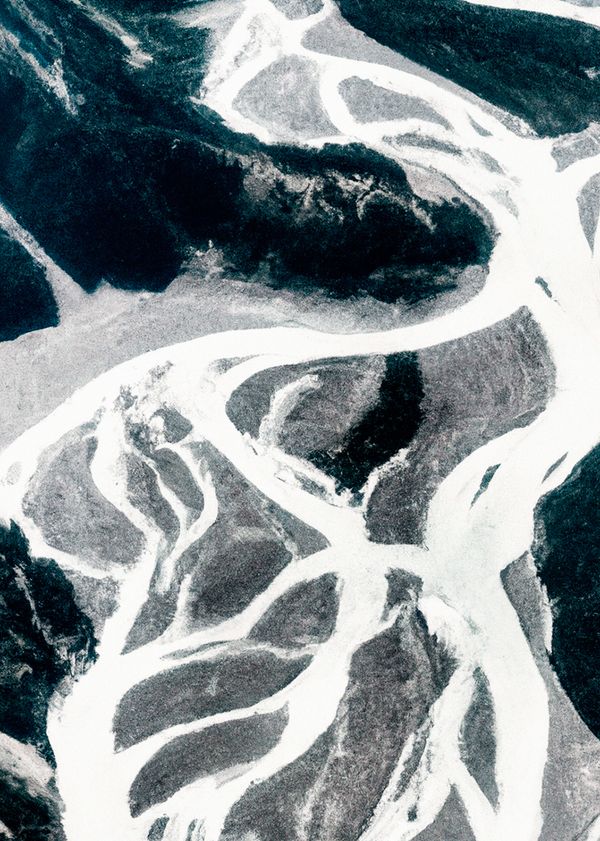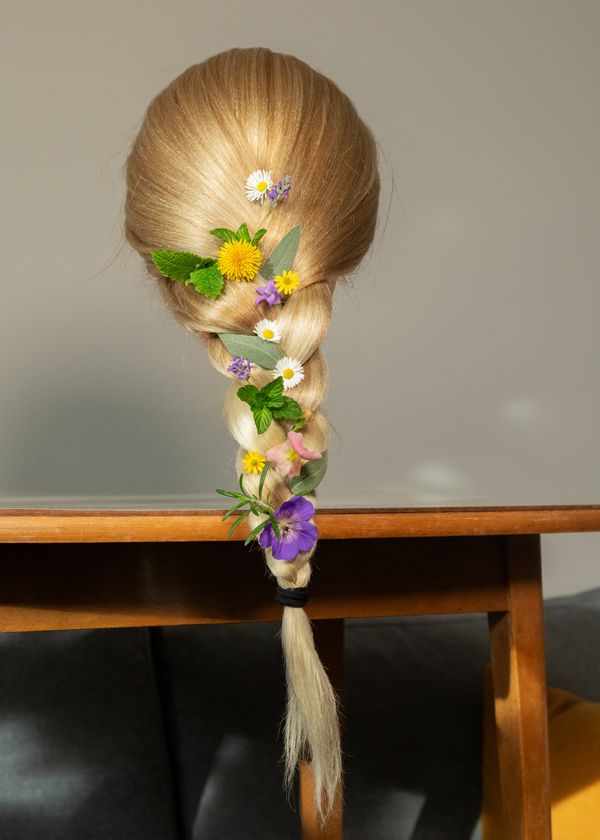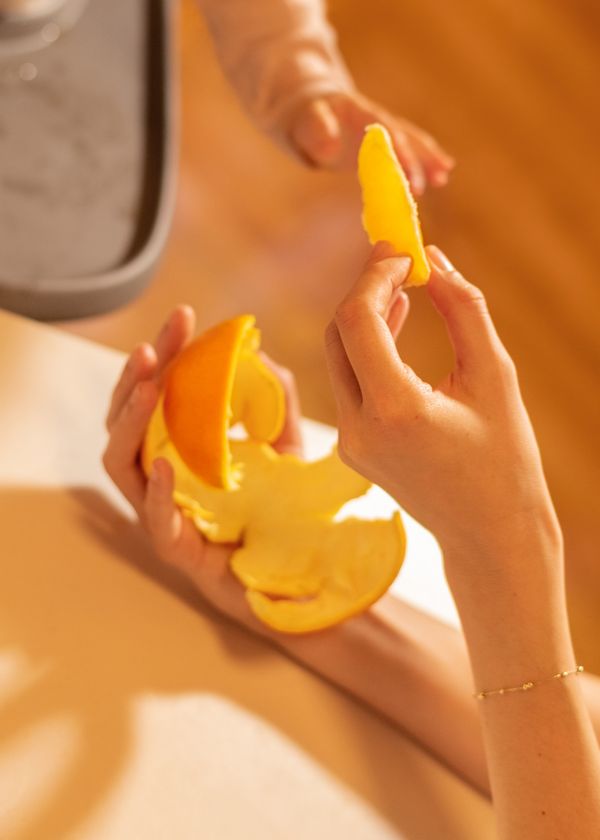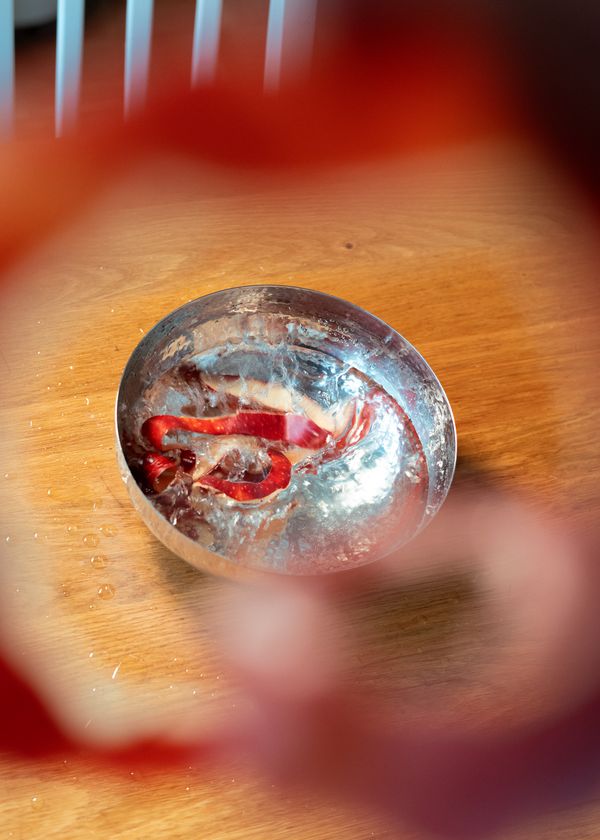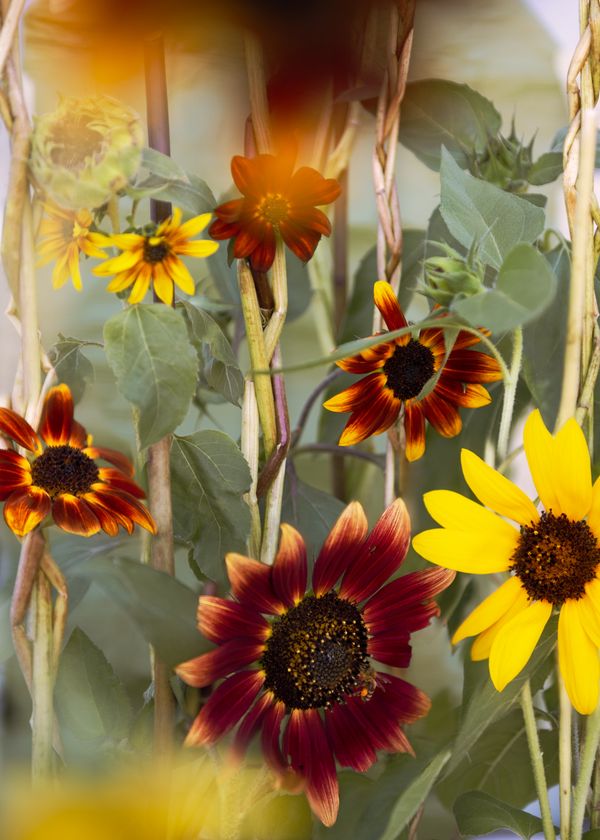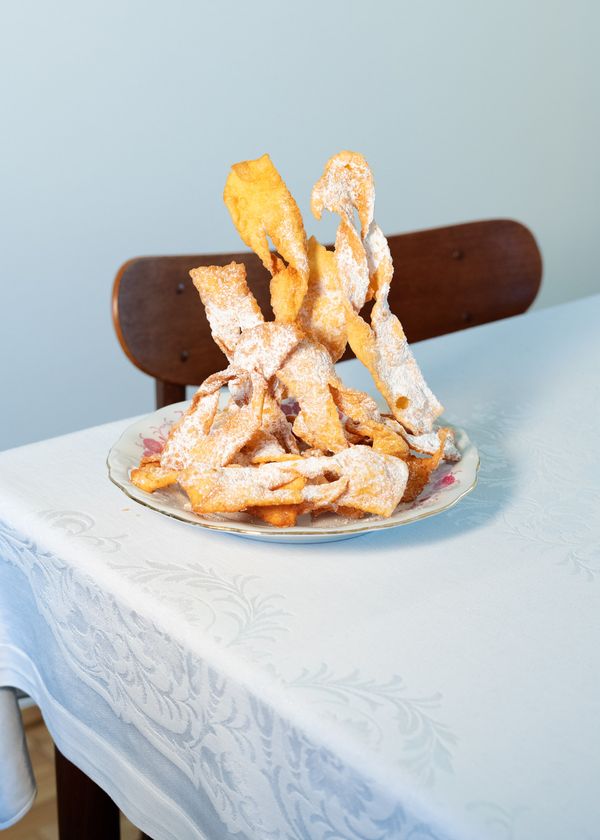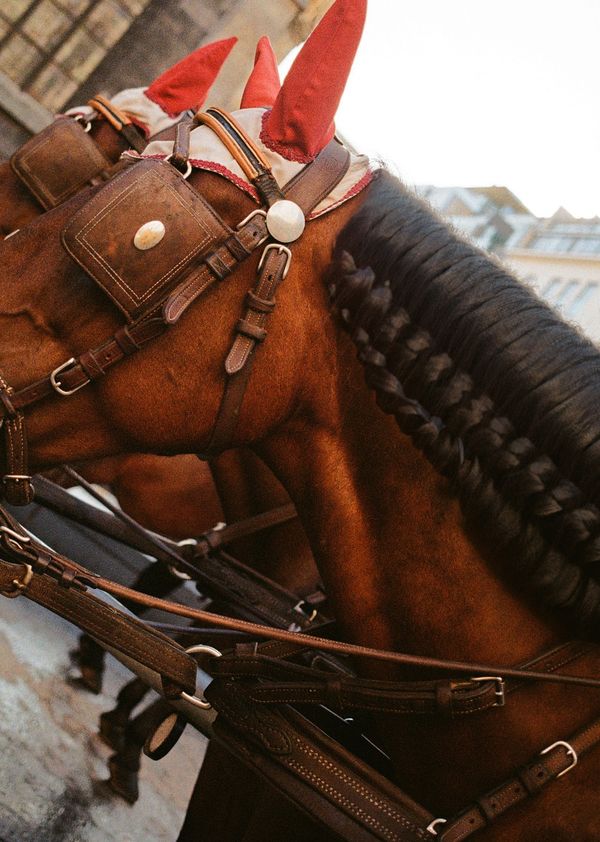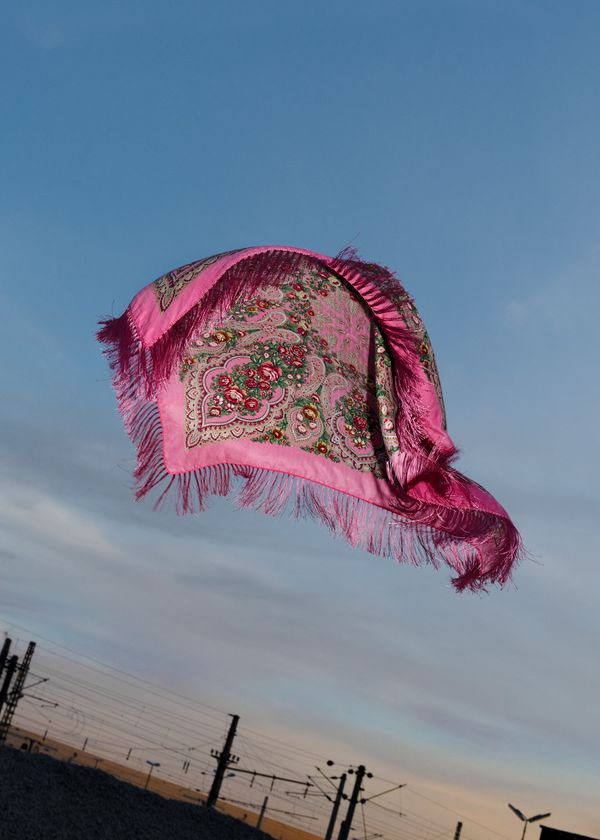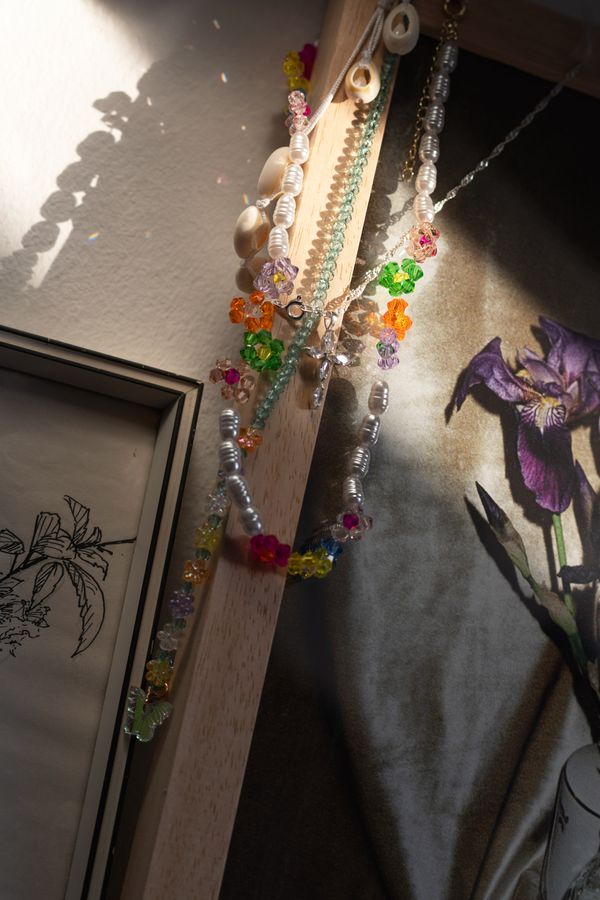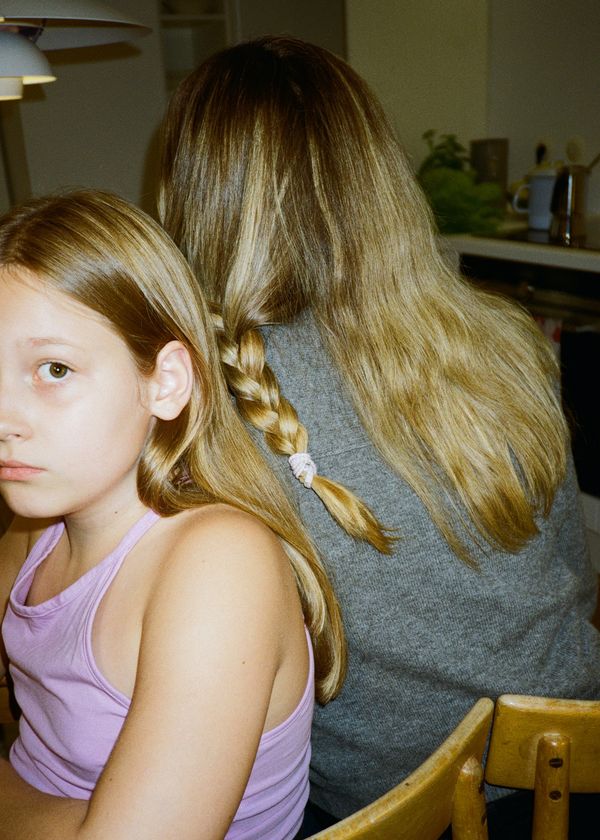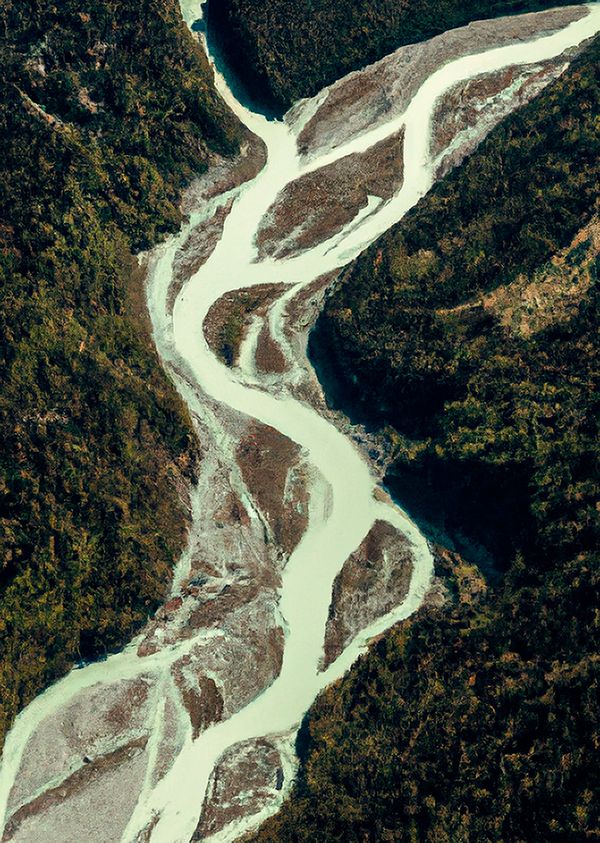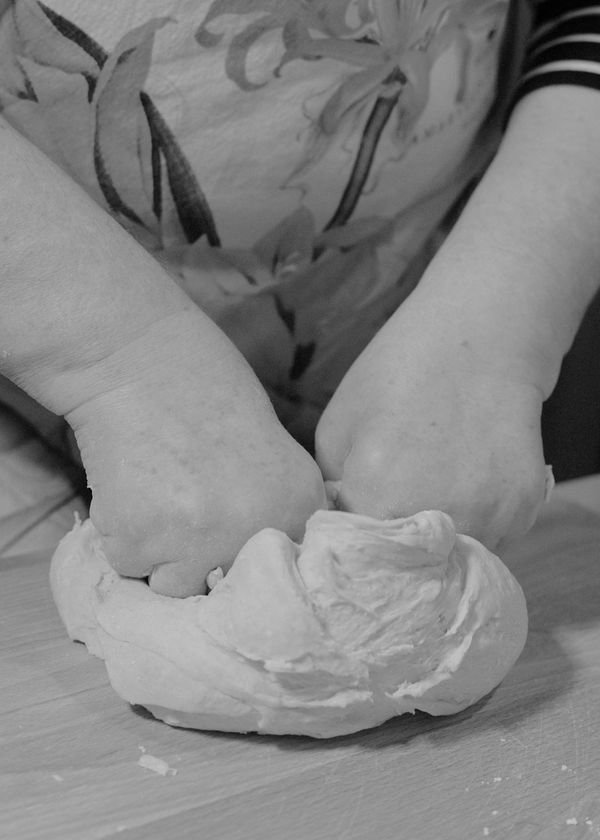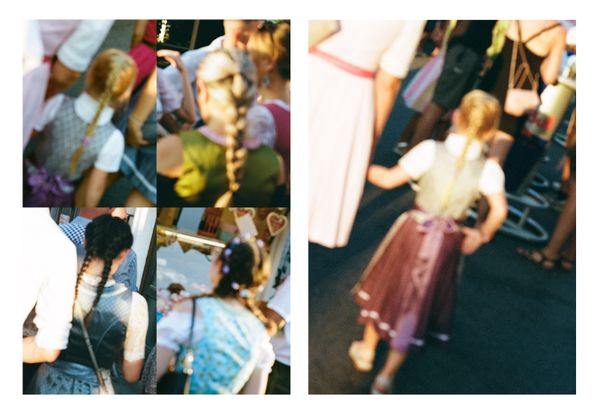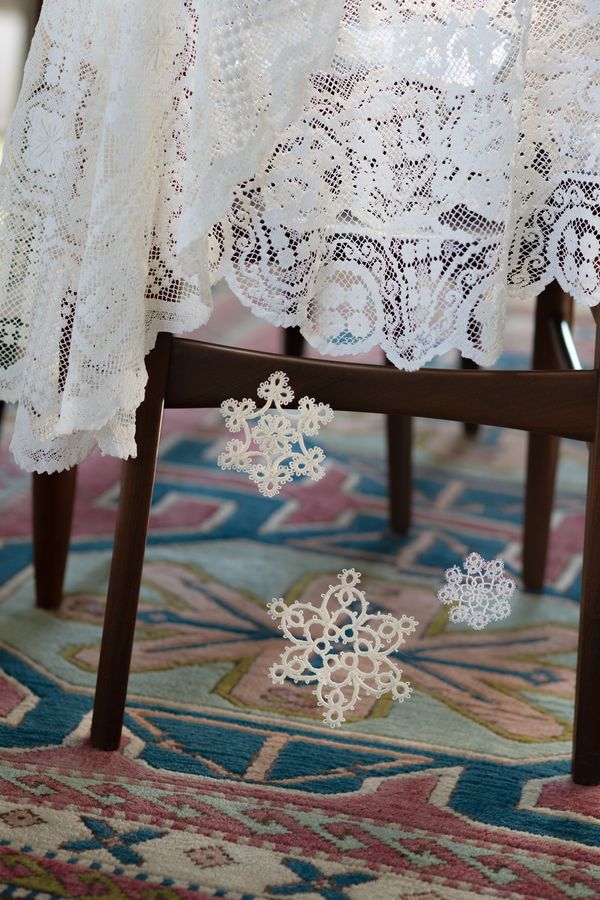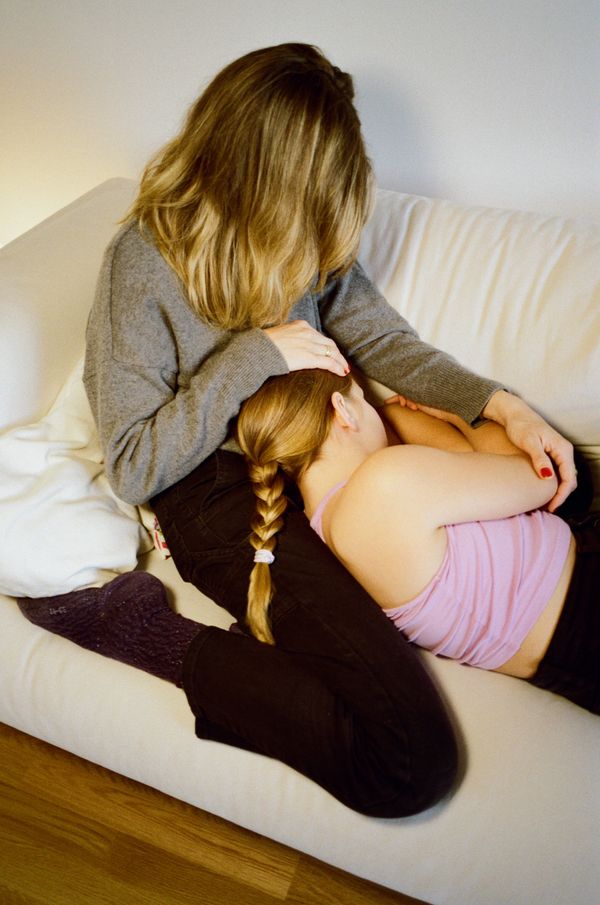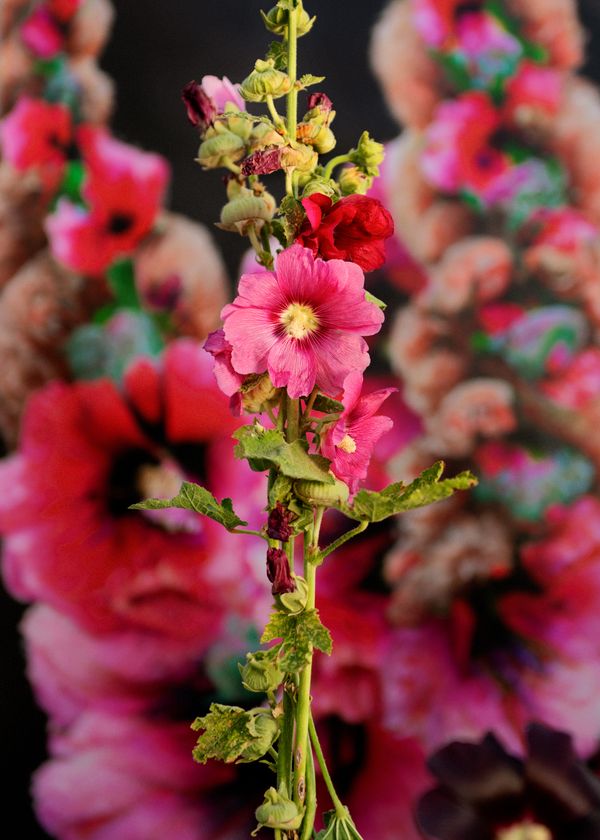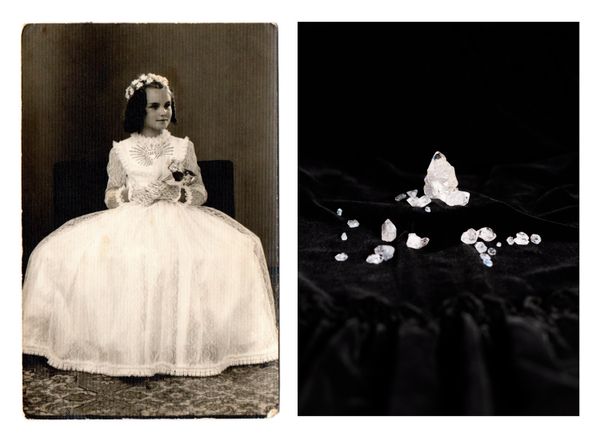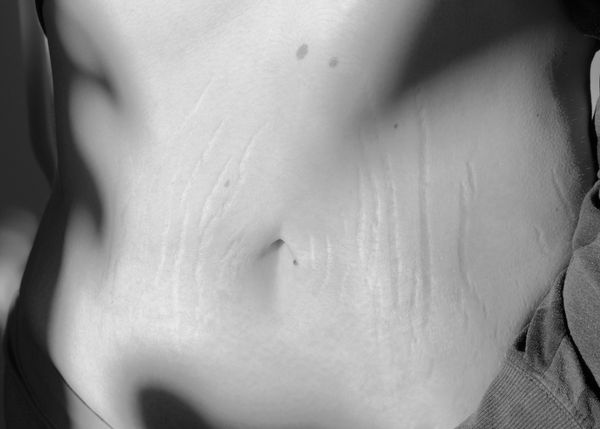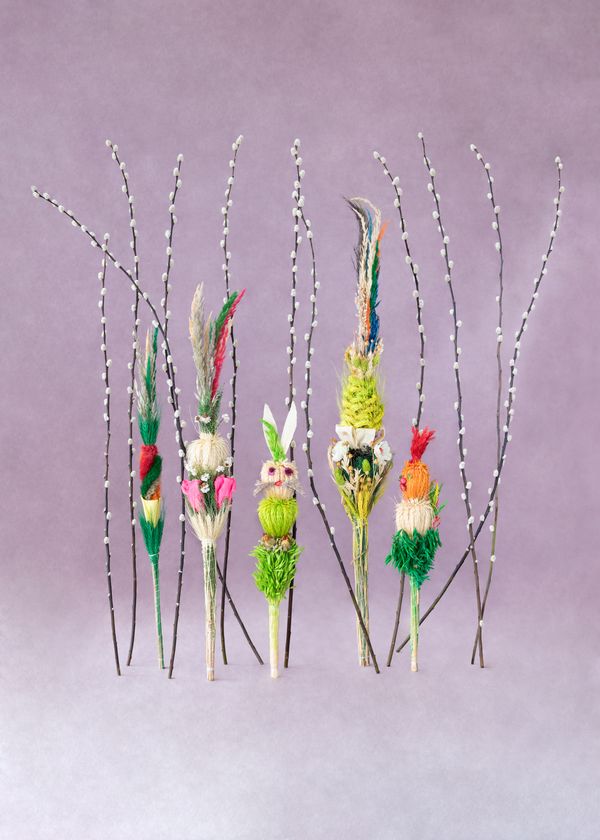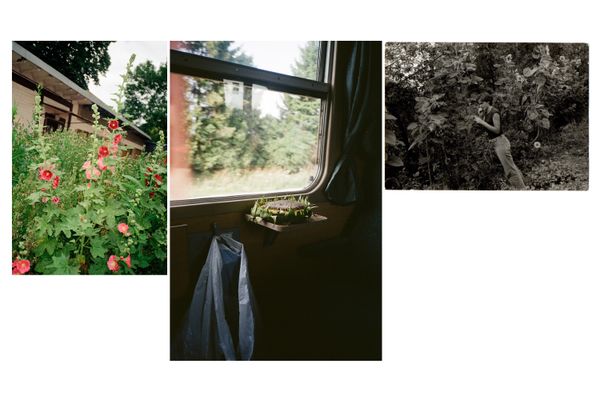RIVERS WE CARRY, MOUNTAINS WE SEEK
-
Dates2023 - Ongoing
-
Author
- Location Austria, Austria
RIVERS WE CARRY, MOUNTAINS WE SEEK explores identity, migration, and inherited trauma of Polish migrant women in Austria. Inspired by Julietta Singh’s No Archive Will Restore You, it weaves personal memory into a collective visual and emotional archive.
RIVERS WE CARRY, MOUNTAINS WE SEEK
Growing up, a phrase frequently repeated by my mother came to define much of my early understanding of the world: “In this country, you either have money or you have education – otherwise, you’re nobody.”
As the daughter of two Polish immigrants, my father from a working-class background, and my mother, an academic who, despite her qualifications, was never able to establish a career in her field in Austria, only the path of education was an option for me, and it would shape my upbringing and socialization in the years to come.
The emphasis on academic achievement intensified dramatically after the death of my father when I was four years old. From the very first day I began my education, my mother would braid my hair into a French plait each morning before school, insisting that my long hair should never distract me from learning. Over time, the braid softened into a simple ponytail, but it wasn’t until I was fifteen that I dared to leave the house with my hair down for the very first time.
Rivers we carry, Mountains we seek delves into the lived experiences of first- and second-generation Polish migrant women in Austria. Rooted in personal memory and shaped by the currents of contemporary social developments, it illuminates questions of identity, migration, integration, discrimination, and the often-silenced traumas that accompany these experiences. Through a multidisciplinary approach, ranging from analog and digital photography, lens-based media and generative algorithms, to sculptural works, the project embraces artistic complexity as a mirror of the layered and often contradictory nature of migrant realities. This interplay of media seeks not only to reflect these intricacies but to transform the personal into the collective, to give form to what is often felt but rarely articulated.
Inspired by Julietta Singh’s No Archive Will Restore You and Antonio Gramsci’s reflections in the Prison Notebooks on the “inventory of traces” and the necessity of knowing oneself as an act of historical awareness, the work examines how memory and embodiment function as counter-archives within the framework of displacement. In revisiting familial gestures and inherited narratives, it constructs an embodied archive that resists erasure and reclaims subjectivity through intimate acts of reconstruction.
In dialogue with Silvia Federici’s Caliban and the Witch, the project also revisits the figure of the single Polish woman, often perceived as non-conforming within capitalist and patriarchal frameworks. Here, gestures of care, healing, and cultivation like gardening, herbal knowledge, and the tending of domestic ecologies, are reimagined as forms of quiet resistance and autonomy, connecting feminist histories of labor, body, and survival.
Through this intersection of feminist theory, autobiography, and material experimentation, Rivers we carry, Mountains we seek weaves an intergenerational narrative of resilience, where the private becomes political, and where the archive of the body becomes both vessel and landscape.
I am deeply grateful that this project, from its very beginning, has benefited from the guidance and mentorship of these remarkable individuals: Elisa Medde, Lucas Foglia & Laura El-Tantawy. Without their insight and feedback, this development would not have been possible. My long-term goal is to turn this body of work into a photobook and to present it as widely as possible in order to foster dialogue and reflection around these themes.
Martina Lajczak is a Vienna-based photographer and visual artist with Polish roots, whose work explores themes of emancipation, identity, migration, labor, and discrimination. Combining analog and digital photography with generative techniques, she crafts abstract, multilayered narratives that have been published and exhibited across Europe, and recently in the US and Canada.
